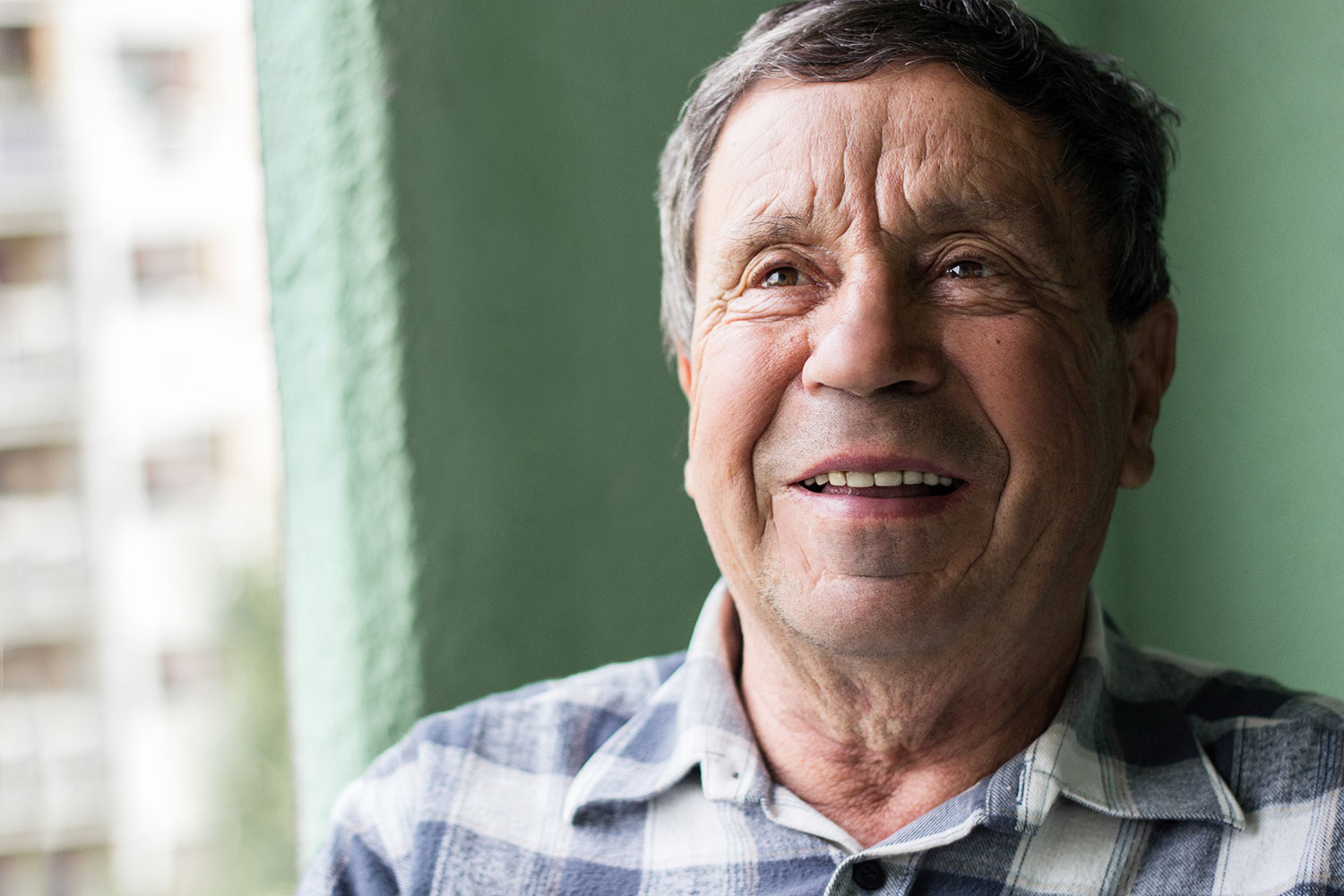Elder Abuse
What is Elder Abuse?
Every day, older adults suffer from abuse, neglect and exploitation. This treatment causes or threatens to cause substantial harm to an individual. It often comes at the hands of the people they trust the most, such as spouses or partners, family members, caregivers, personal acquaintances or opportunistic strangers.
With Georgia being the eleventh fastest growing population of those over the age 60 in the U.S., incidents are on the rise with expectations to increase as this group doubles in size to 83.7 million by 2050.
Older adults often become targets of abuse because they are more vulnerable to mental and physical weaknesses.
Those with dementia or mental illness, substance abuse issues, disabilities or isolated lifestyles are at a higher risk. In order to prevent cases of elder abuse, learn the signs, stay connected with your loves ones and the people in their lives, and speak up if you suspect wrongdoing.
24-Hour Crisis Line
Signs and Indicators of Elder Abuse
Elder abuse can result in serious consequences, including lingering health problems and emotional distress. It can be seen in one or more of the following forms:
Reporting Elder Abuse
Adult Protective Services (APS) is the state entity charged with investigating all reports of abuse, neglect, and/or exploitation of older persons (65+) or an adult (18+) with a disability who do not reside in long-term care facilities.
Types of abuse investigated by APS
Who should report abuse, neglect and exploitation?
For persons living in the community, Georgia law requires mandatory reporting of suspected abuse, neglect or exploitation by certain professionals who are mandated reporters.
All persons are encouraged to report suspected abuse to protective services. Persons who report in good faith are immune from liability. Reporting is kept confidential within the parameters of state law (O.C.G.A. § 30-5-4).
APS is not a first responder. Call 911 if someone is in immediate danger.
Visit our Elder Abuse Services page to learn about the services we provide elder abuse survivors. Visit our Safety Page to learn tips about what to do in a domestic violence situation to keep yourself safe.
If you or someone you know feels frightened in a relationship, please call our

